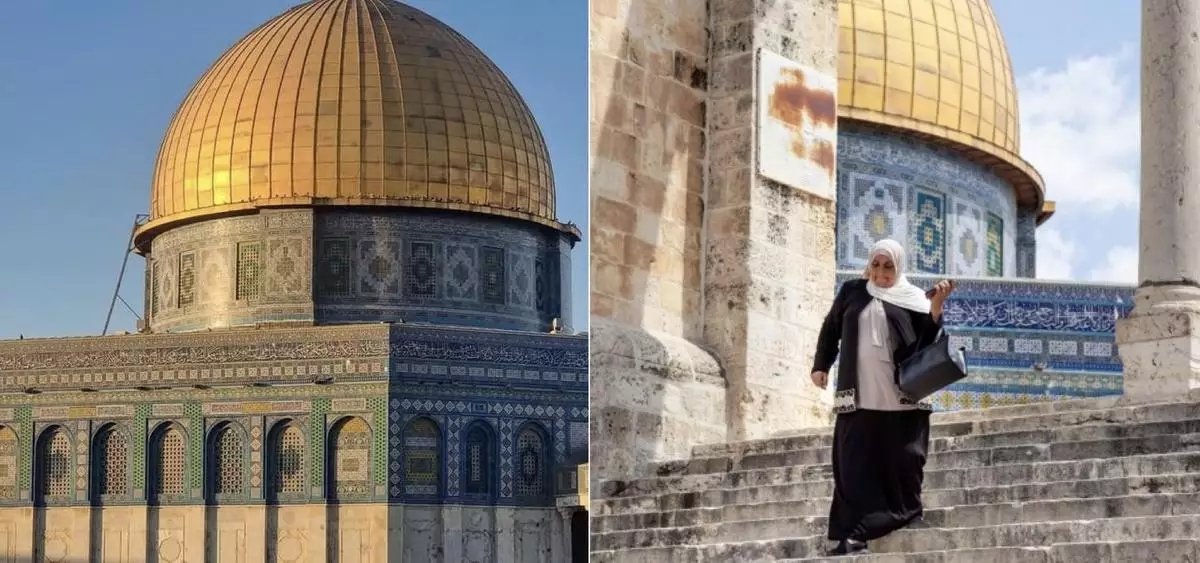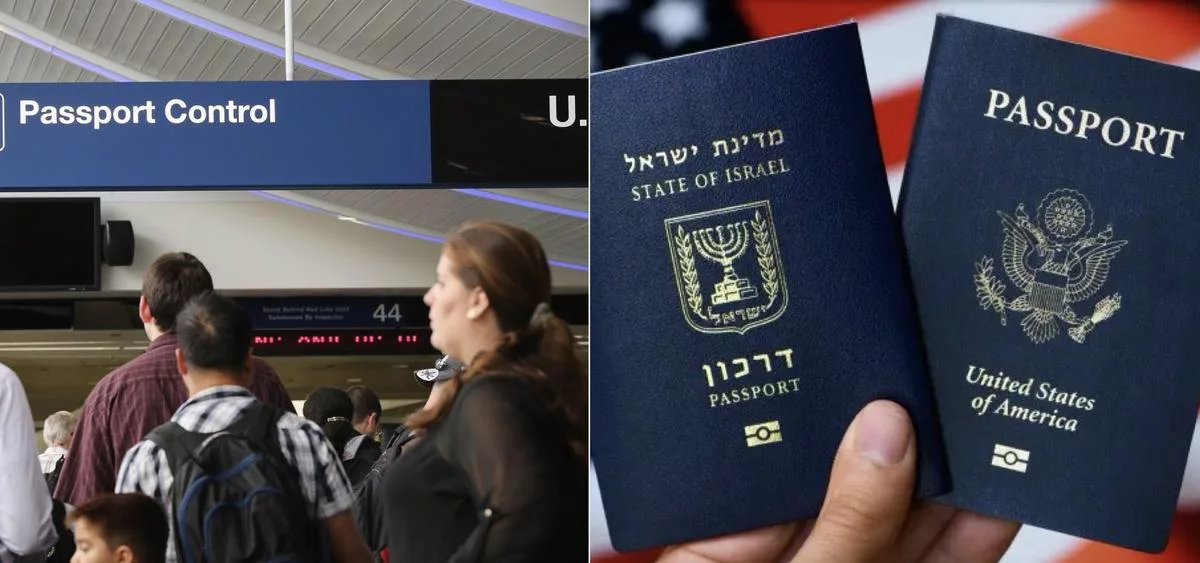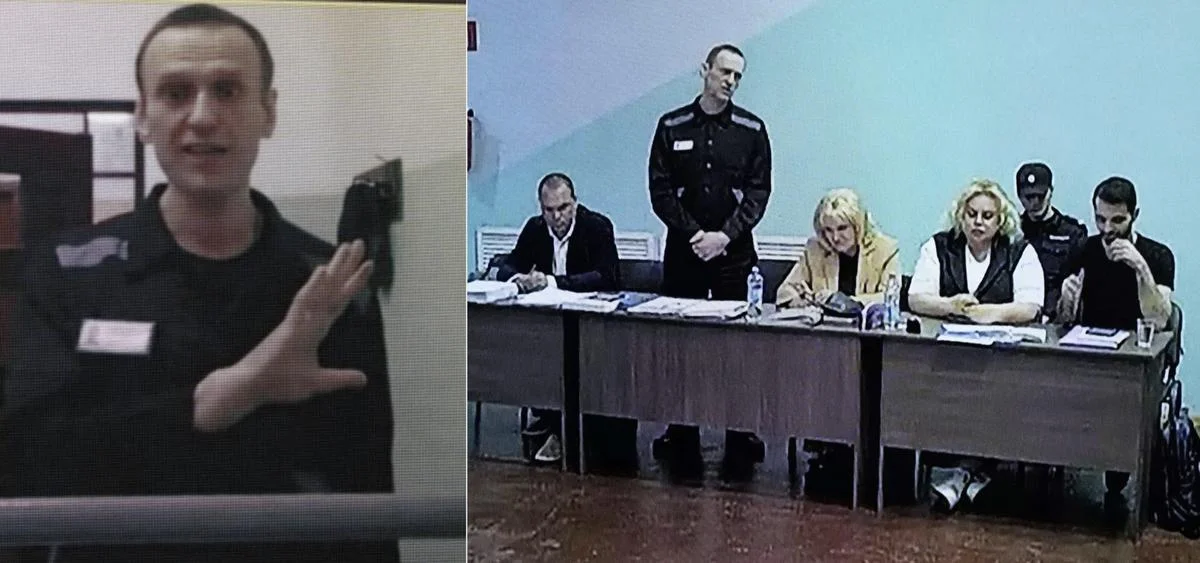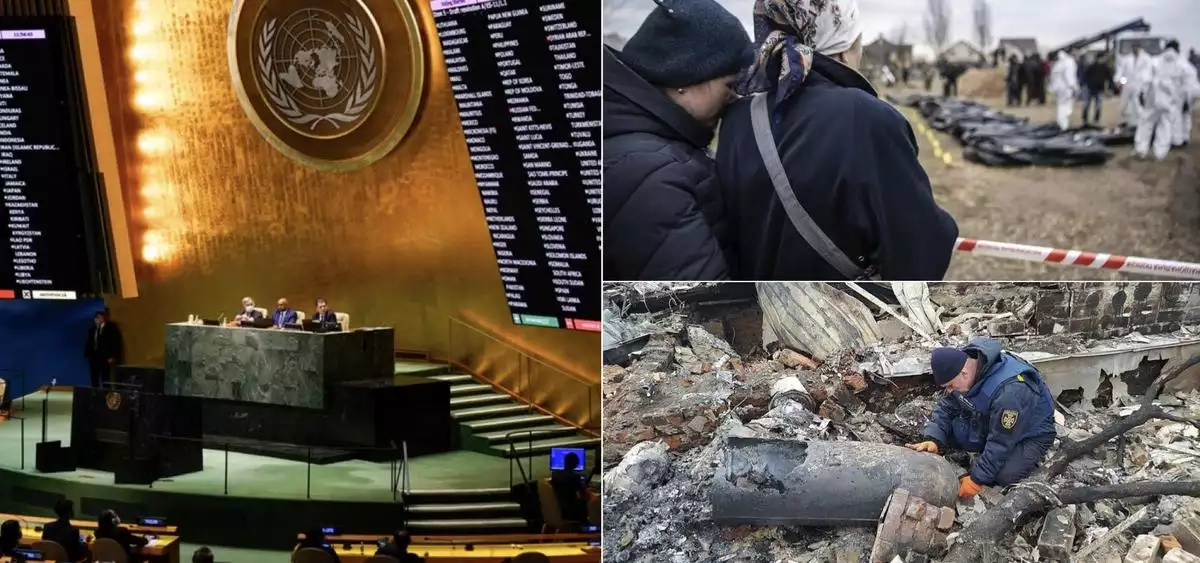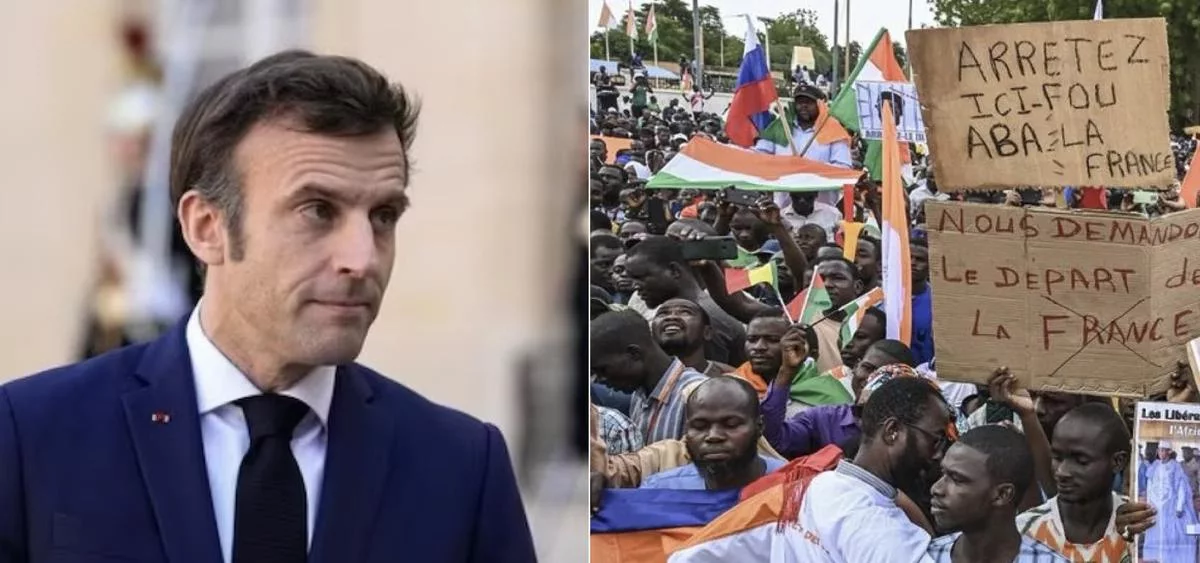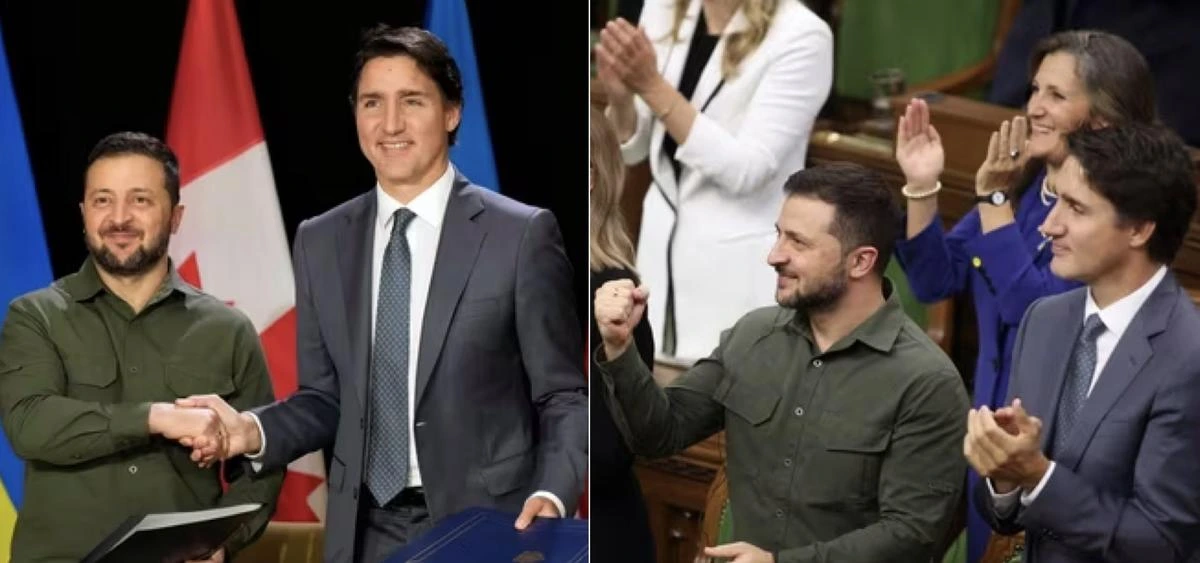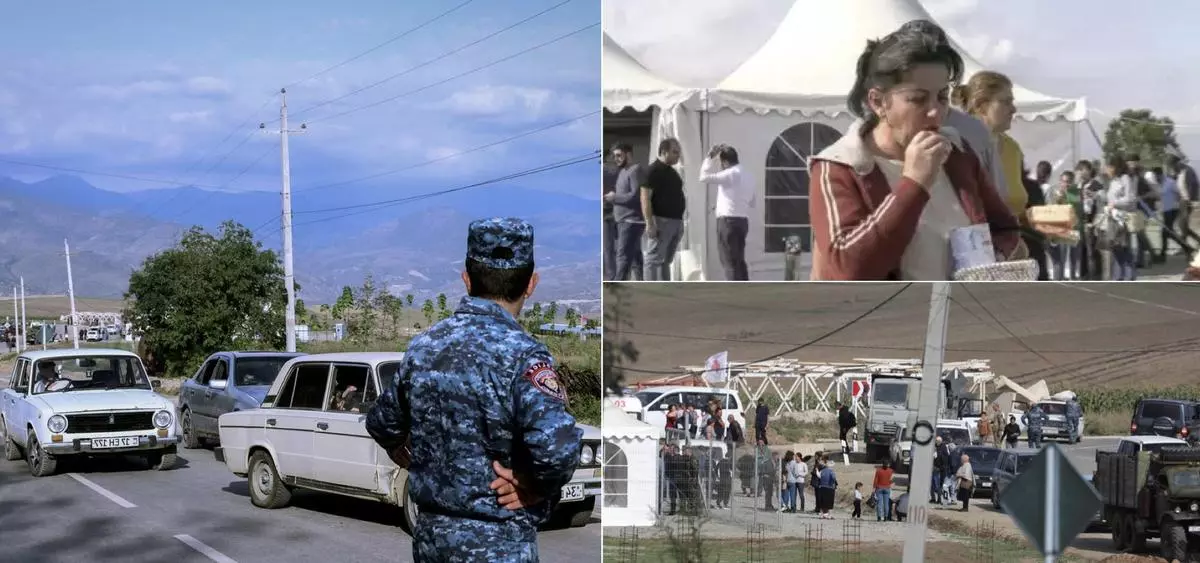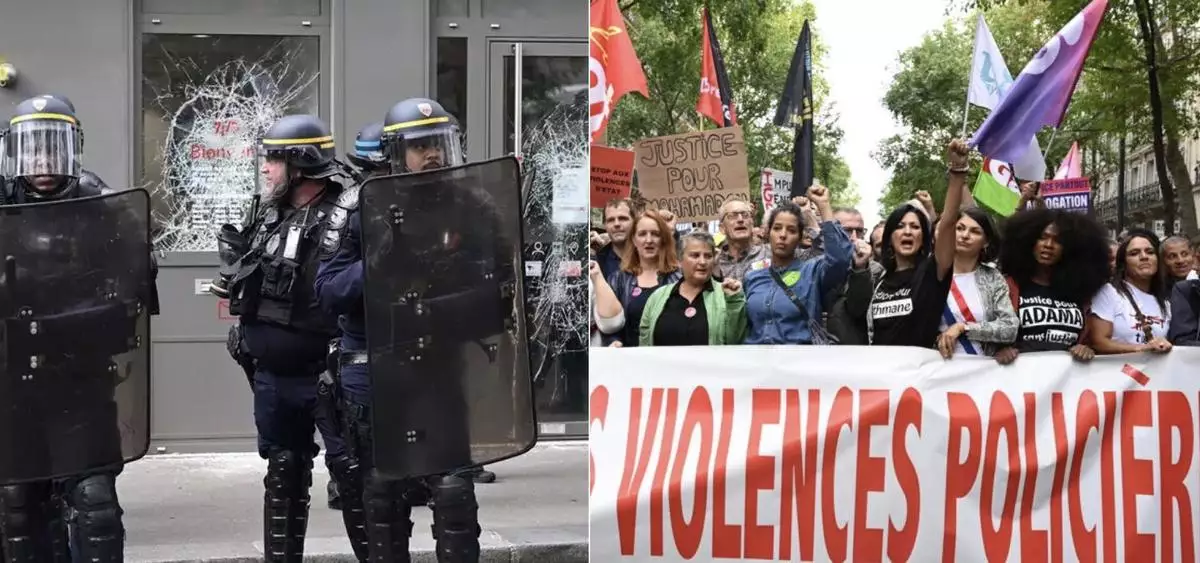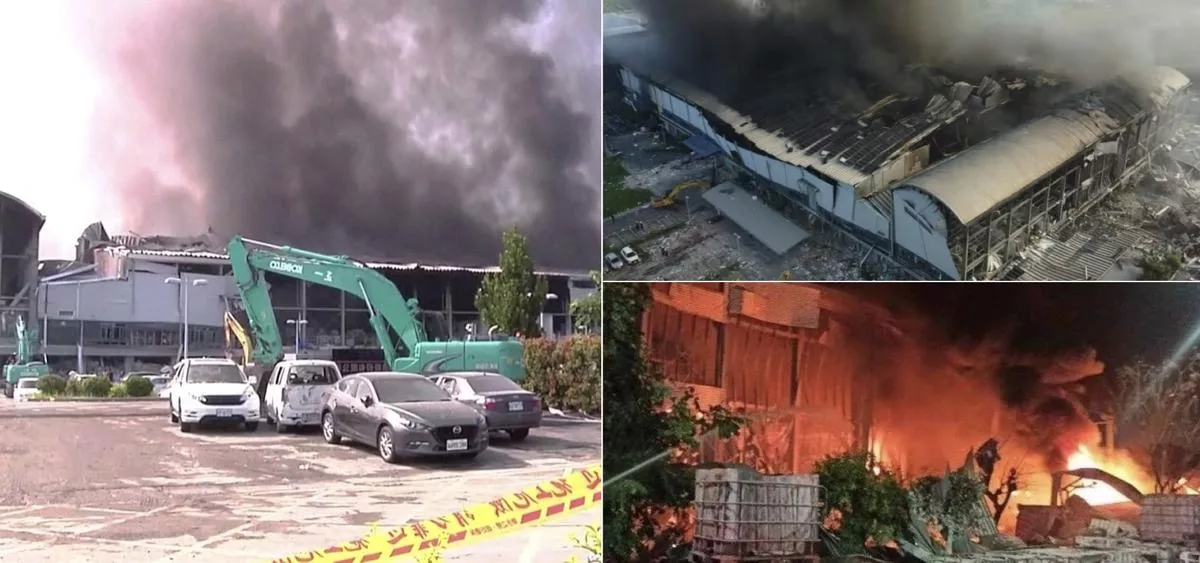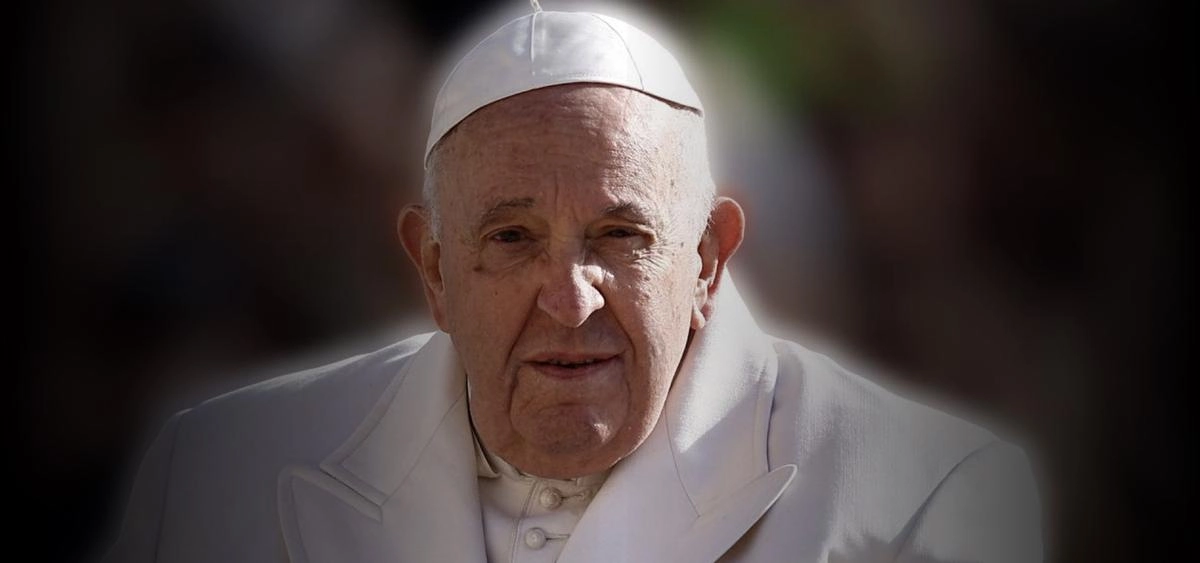Canada’s Trudeau Claims Indian Involvement in Sikh Leader Murder Sparks Diplomatic Dispute, Raising Concerns Over Bilateral Relations
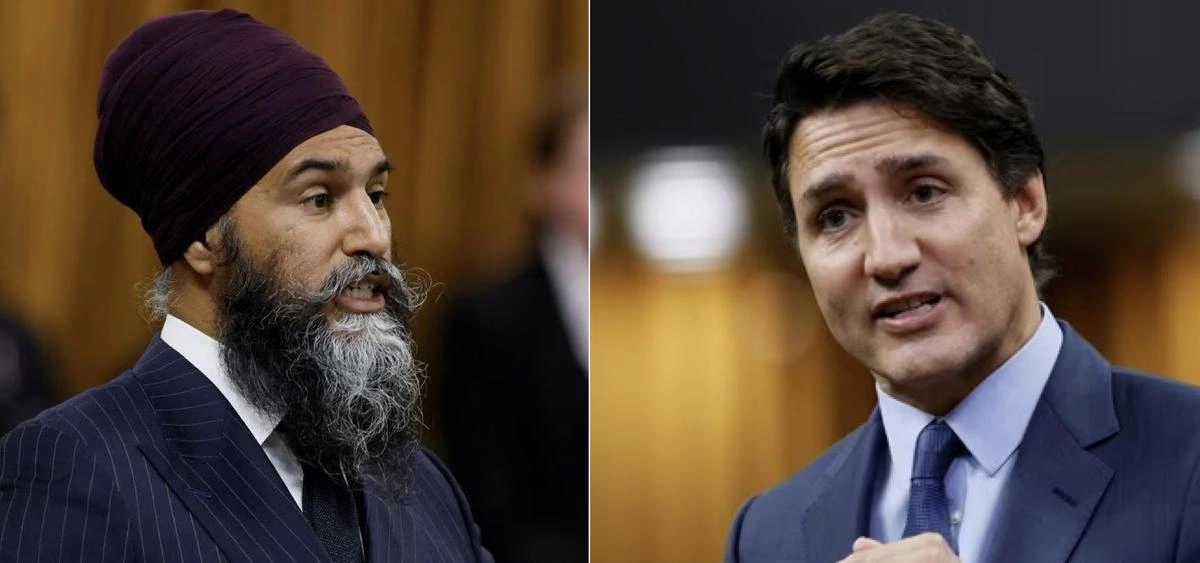
Credit: Google | Hardeep Singh Nijjar | Justin Trudeau
Canadian Prime Minister Justin Trudeau has recently stirred controversy by alleging possible Indian government involvement in the murder of Sikh activist Hardeep Singh Nijjar in June. Trudeau’s claims have not only escalated tensions between the two nations but have also cast a shadow over their bilateral relations.
Trudeau, addressing the issue in a speech to the Canadian Parliament, stated that he was presenting “credible allegations” suggesting Indian government agents may have played a role in Nijjar’s assassination. However, India’s Prime Minister Narendra Modi’s office swiftly dismissed these claims as “absurd and motivated”.
#BREAKING 🇨🇦
— Today On Globe (@TodayOnGlobe) September 19, 2023
Justin Trudeau accuses India of assassinating Sikh leader Hardeep Singh Nijjar on Canadian soil.
India calls it 'absurd.'#Canada #India #Accusation #KhalistanTigerForce #tognews #todayonglobenews #todayonglobe #toge pic.twitter.com/a8b5cYJ6mc pic.twitter.com/k4ZzHJBSfM
The fallout from Trudeau’s allegations has already had tangible consequences. Diplomatic expulsions have occurred in both countries, and Canada and India have paused negotiations on a free trade agreement. These developments have also raised concerns within Canada’s Sikh community, where some individuals believe that India has been conducting surveillance on them due to their support for the Khalistan independence movement.
Mukhbir Singh, a director for the World Sikh Organization of Canada, expressed outrage, stating that “India cannot be allowed to disregard the rule of law and the sovereignty of foreign states”. Nijjar’s murder occurred on the grounds of the Guru Nanak Sikh Gurdwara, one of North America’s largest Sikh temples, situated in Surrey, British Columbia.
Trudeau’s claims have prompted a broader conversation in Canada about the security of individuals facing threats from foreign entities. Jagmeet Singh, leader of Canada’s New Democratic Party, called for an examination of India’s foreign interference in Canada.
While Trudeau has yet to provide further evidence supporting his allegations, his statements have garnered international attention. Some of Canada’s allies, including the United States, the United Kingdom, and Australia, have expressed “deep concern” about the situation. However, they have refrained from making public statements or taking a stance on the matter.
Trudeau emphasized the seriousness of the issue in terms of international law and urged India to address it appropriately. The diplomatic fallout has also had repercussions on trade discussions between the two nations, further complicating their already delicate relationship.
Canada’s decision to pause trade talks and postpone a major trade mission appears to be linked to concerns over Nijjar’s murder. While Canadian officials have not disclosed the evidence connecting India to the assassination, they have promised to share it in due course.
Nijjar’s son, Balraj, had long suspected India’s involvement in the killing. Sikh and Muslim organizations in Canada have welcomed Trudeau’s remarks and called for swift action to protect Sikh communities in Canada and prevent individuals tied to Indian intelligence forces or human rights abuses from entering the country.
This complex and evolving situation highlights the challenges in Canada-India relations, particularly with regards to Sikh separatist activities in Canada and the broader implications of Trudeau’s allegations. As both countries navigate this diplomatic crisis, the world watches closely to see how it unfolds and whether evidence supporting Trudeau’s claims will be presented.
RELATED NEWS
WEB STORIES FOR YOU
Stay connected with Today On Globe for the latest Global Issues and News Updates.
Explore more related articles at [TOG News / TOG Article]











